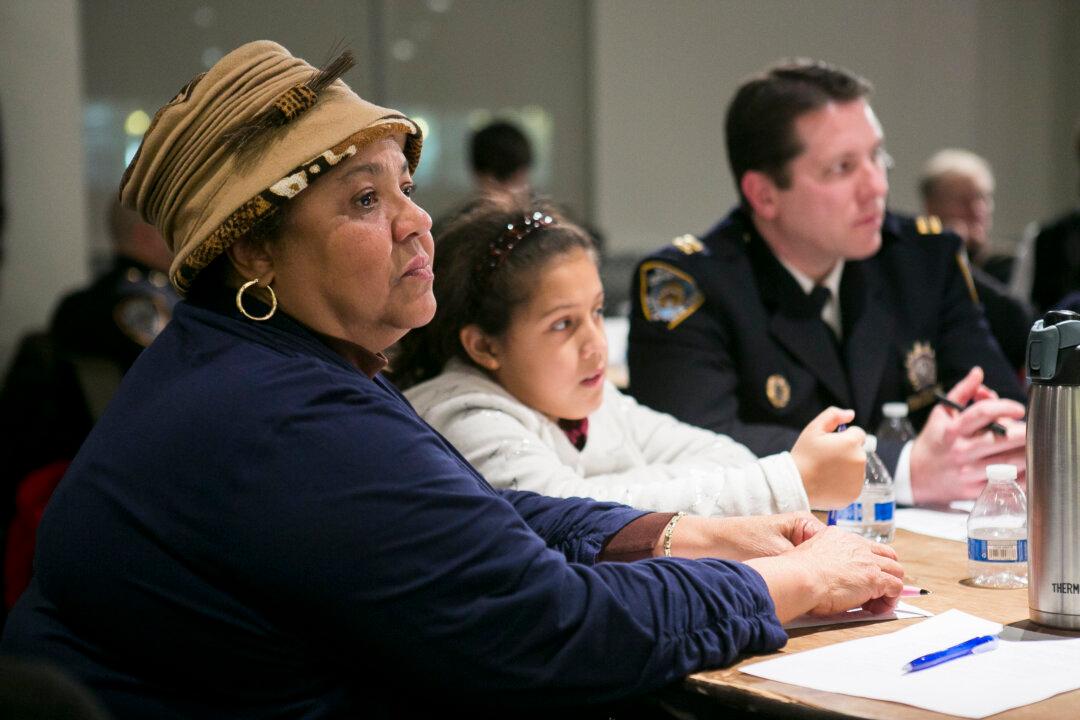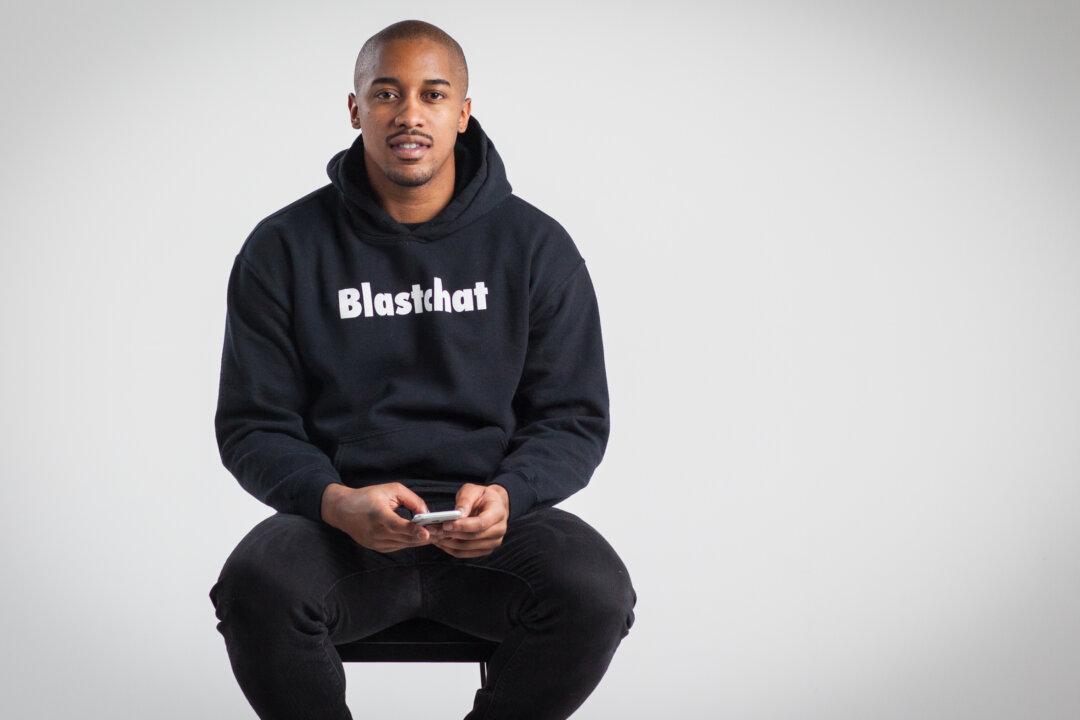NEW YORK—The Rev. Georgette Morgan-Thomas felt slightly anxious in the police car. She sat up straight and adjusted her straw fedora hat, silently planning how she would duck if they were to encounter an actual violent situation.
It was not easy to volunteer to ride along in police cars in Harlem, something that Morgan-Thomas has been doing periodically in her spare time since 1997.
She recalled how a police officer told her about an incident where they found a decapitated head inside a building in her community, the work of the Jamaican Posse gang.
Yet she and half a dozen leaders in the community, mostly members of the clergy, try to take turns going on ride-alongs once a week to improve police relations in their neighborhood.
The ride-alongs began in the 1980s as a response to the crack epidemic clampdown that caused a rift between the community and police officers in New York, she said.
Reverend John L. Scott said the ride-alongs that occurred 20 years ago in the Bronx “were extremely fruitful.”
In present day, they go on ride-alongs with a renewed mission.
“We are concerned with police morale,” said Morgan-Thomas, chair of Manhattan Community Board 9. “We take turns riding with police officers to show people that the officers are a part of the community.”




